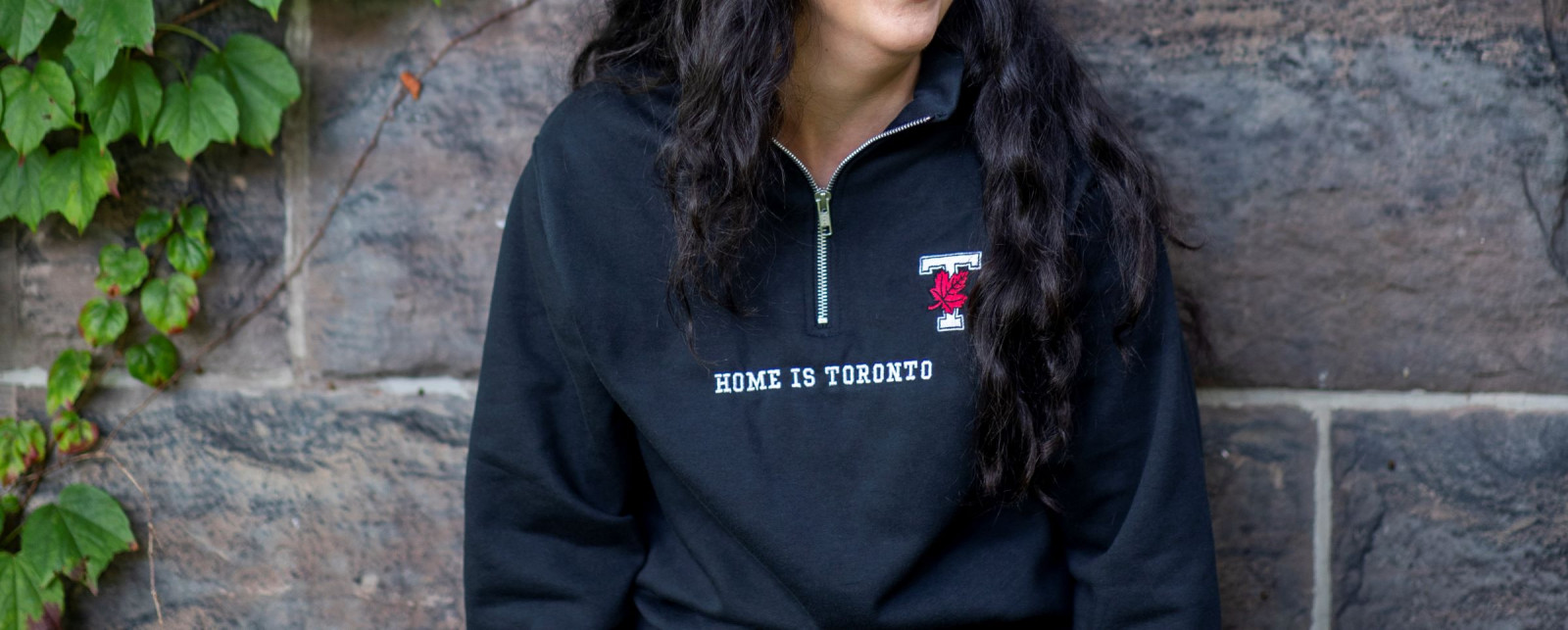
Trademark & Licensing
About Us
Trademark licensing is the process by which a trademark owner allows a third party, the licensee, to use registered trademarks on merchandise under a license agreement.
About us
What is Trademark Licensing?
Each year, many products are manufactured that bear the University of Toronto name and official marks. These include items sold at the University of Toronto Bookstore, team uniforms and promotional items ordered internally by students, faculty and staff. Establishing a consistent visual impression of the University will enhance its reputation to our internal, national and international audiences.
Over the years, the work of the Trademark Licensing Office has established the University of Toronto as a leader in collegiate licensing in Canada. We continually revisit all elements of the program to ensure we are meeting industry standards and establishing the University as a strong brand throughout the city and the world. The program’s main goal is to ensure the University and its departments are engaging in ethical procurement of merchandise and that branded merchandise is accurately representative of the University’s image. We also enrich campus life and the student experience by fostering a sense of belonging and pride at U of T and within the city. We hope our merchandise is a symbol of the University’s great and lasting impact on our community.
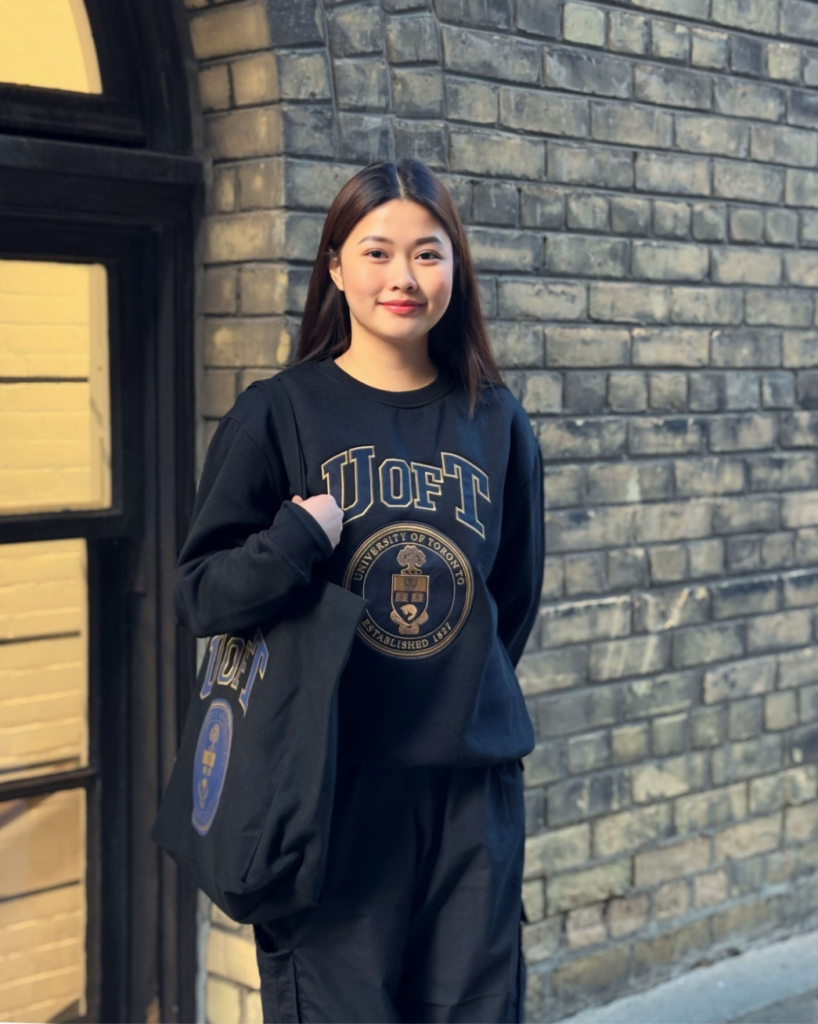
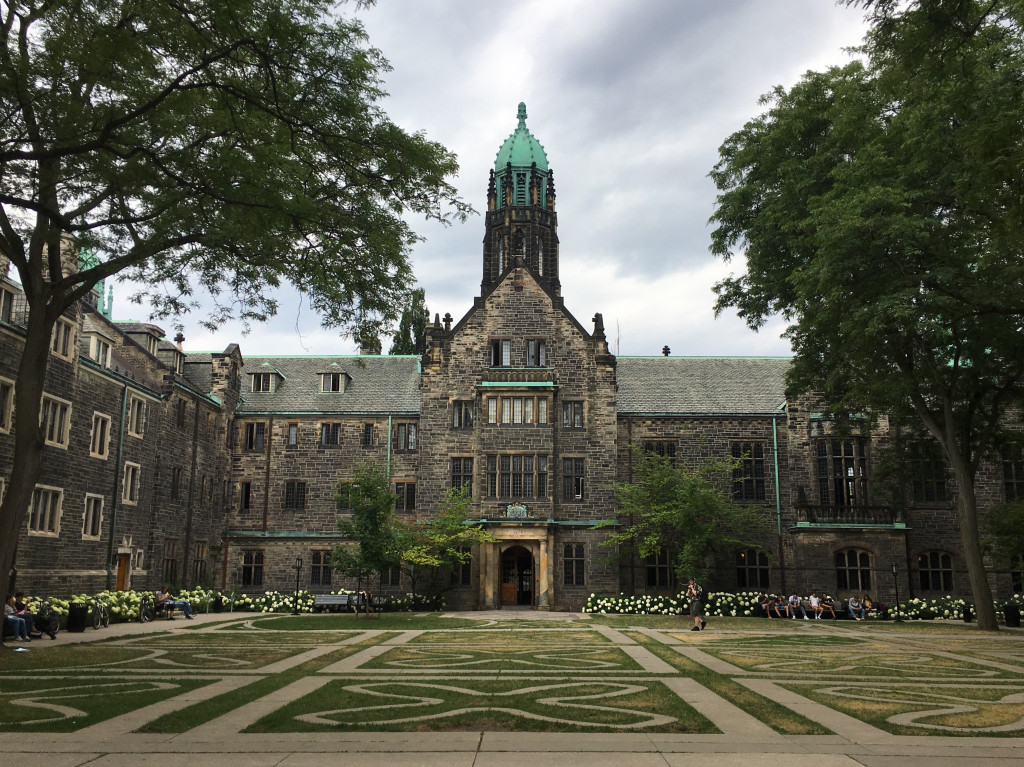
about us
Ethically Responsible Campus
For 20 years, our main goal has been upholding the University’s commitment to responsible sourcing by working with NGOs, our licensing agent and suppliers to make available a wide range of products that maintain compliance with our Trademark Licensing Policy. This policy outlines our commitment to a transparent supply chain and non-exploitative working conditions in the production of university-branded merchandise—the first Canadian university to do so. Only those suppliers that have been licensed by the University are permitted to produce merchandise bearing the University of Toronto name and official marks. To become licensed, suppliers must sign the Code of Conduct and Trademark Licensing Policy, provide proof of insurance and release their manufacturing information. Overall, our work in this domain helps increase the transparency within our process and in turn, desirability of the University’s brand.
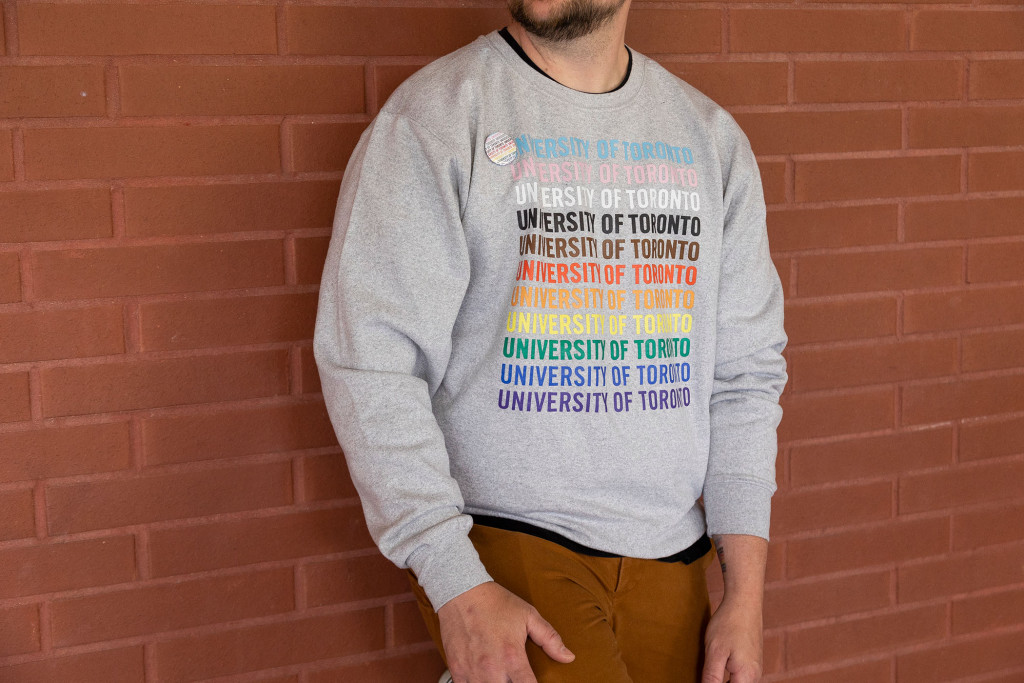
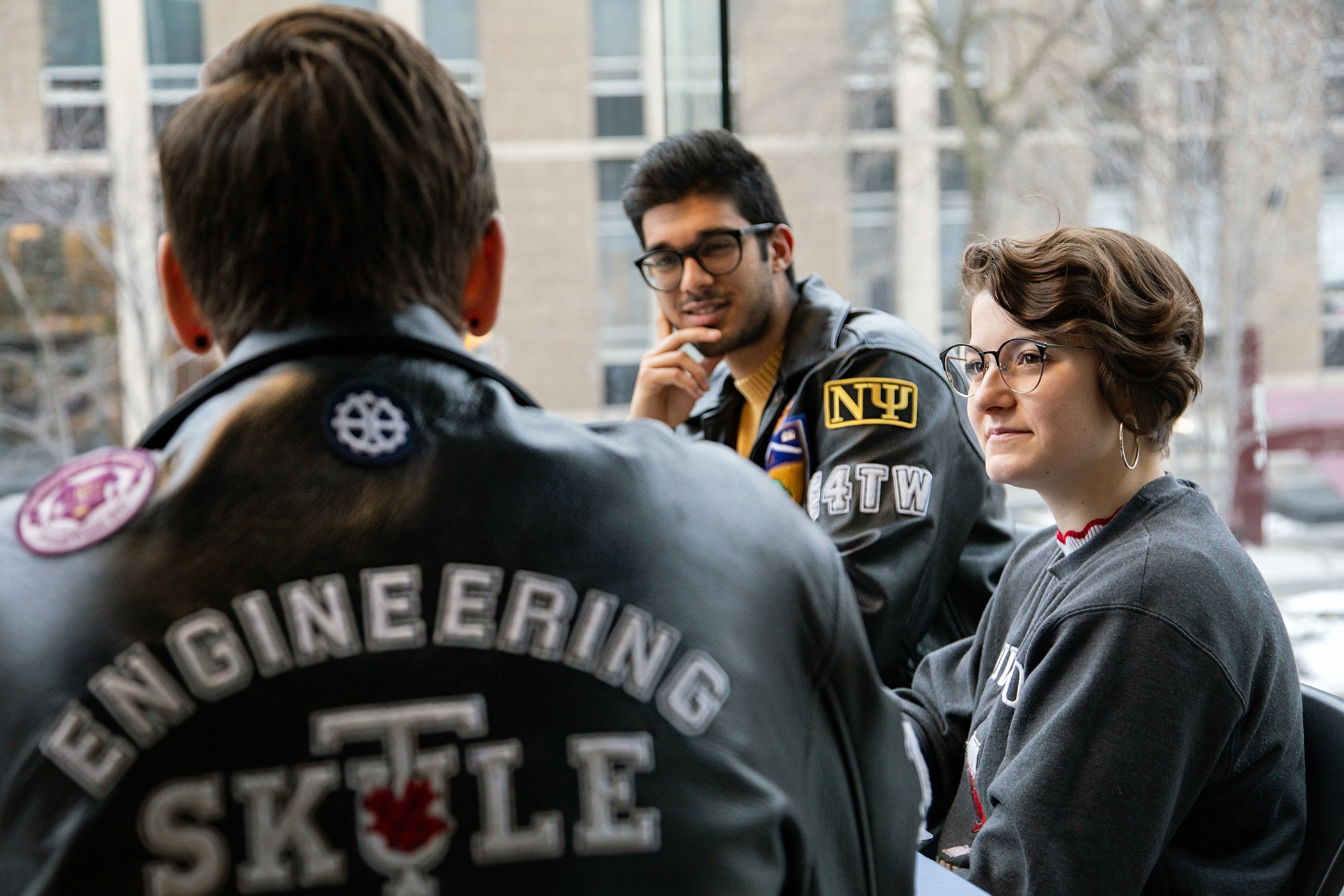

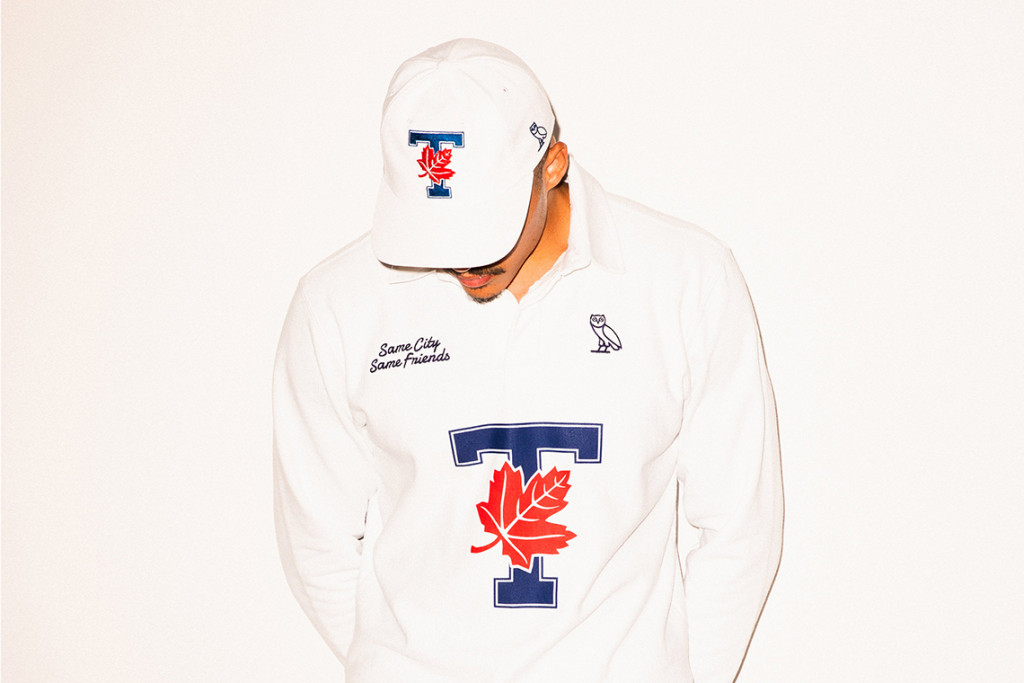
Trademark Licensing Policy and Code of Conduct
While collegiate licensing accounts for only 2% of the global apparel demand, collectively, we have instituted real change across the sector. Working with recognized labour rights NGOs and schools across North America who have adopted similar labour codes has helped encourage positive changes to workplaces in developing countries. The University is affiliated with both the Worker Rights Consortium (WRC) and the Fair Labor Association (FLA); organizations which conduct factory assessments around the world on behalf of North American universities and colleges. These organizations are also engaged in work to advocate for systemic change in the global supply chain.
The Trademark Licensing program is also a member of the International Collegiate Licensing Association (ICLA). Support and resources from the ICLA enable the licensing community to come together to be better informed, share dialogue and drive supply chain transformation.
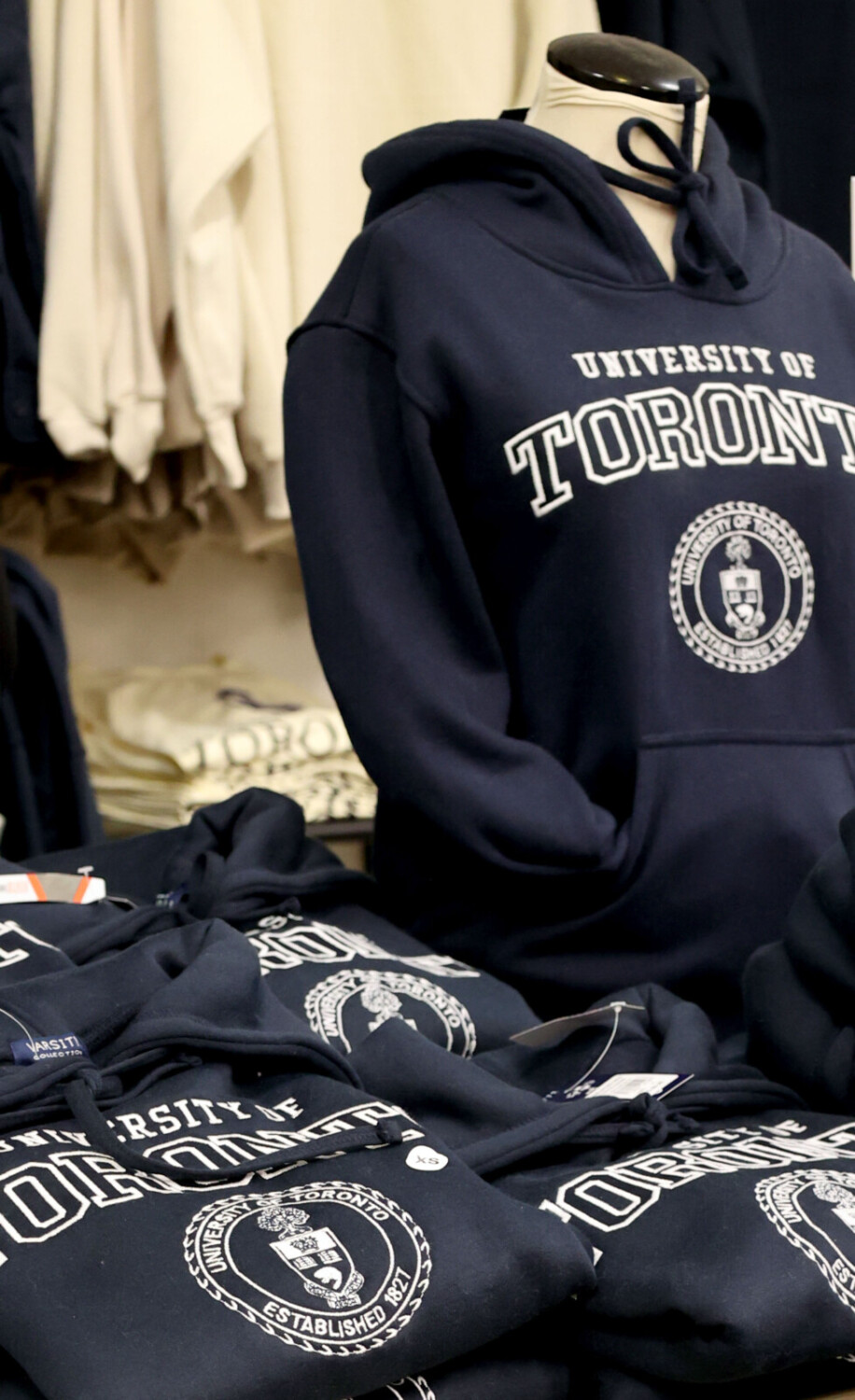
Get a copy
TRADEMARK LICENSING POLICY
CODE OF CONDUCT
community & campus development
Royalties
All royalties generated through the licensing program are intended for community and campus development projects directed through Ancillary Services. The program is not intended to profit from non-commercial promotions that occur on campus. U of T divisions, authorized individuals, recognized student groups and other recognized organizations are exempt from royalties provided insignia goods are not sold for profit and adhere to the guidelines set by the University.
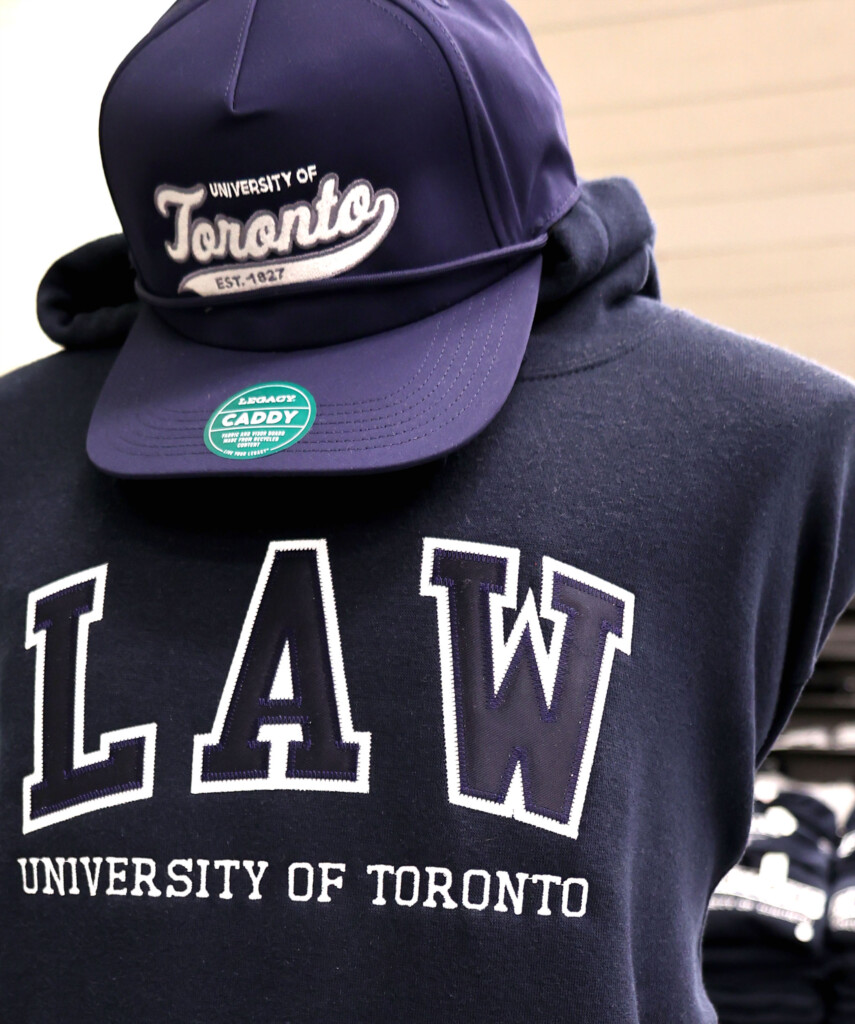
about us
Registering New Marks
The Trademark Licensing Office oversees applying for new University trademarks on behalf of faculties and divisions. The University holds over 300 trademarks to protect various departments and research initiatives.
If your department would like to discuss registering a new mark, please get in touch directly.
All legal fees for registering marks are passed on to the department registering the mark. The TML Office can give ballpark estimates for fees.
